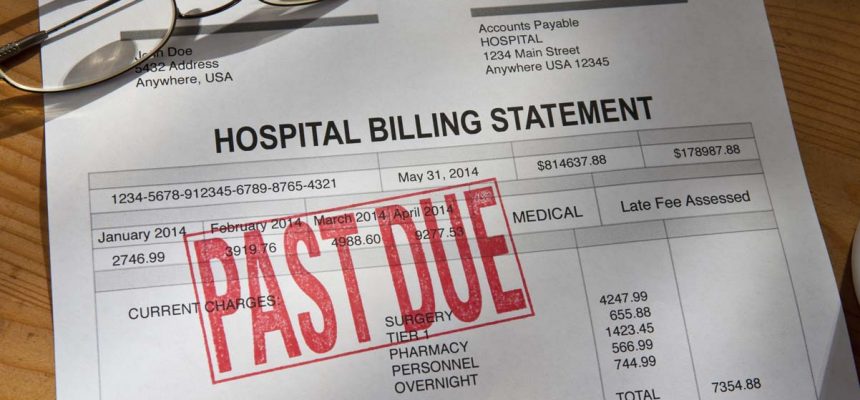Medical Billing Errors Add Undue Stress to Patients
By Consumers for Quality Care, on December 11, 2024

Medical billing errors are a growing issue, causing pain for consumers trying to navigate our complex health care system, according to The Charlotte Ledger.
Mary Katherine Snow, a leukemia patient from Cornelius, NC, spent years battling billing mistakes that added stress and financial strain during her cancer treatment. “I’ve spent so many hours trying to fix these mistakes,” said Snow. “It’s like a second job. I’ll be talking to the hospital, then insurance, then the debt collectors, and then back to the hospital. … It’s too much when I’m just trying to get through each day.”
Her experience reflects a systemic problem: According to national studies, more than half of all medical bills contain errors. A 2024 survey in North Carolina revealed that 42 percent of residents had received a medical or dental bill with errors.
Medical-billing errors have many causes, including an exorbitant number of billing codes and poor communication between health care providers and insurers. No matter the cause, patients bear the burden of identifying and resolving these mistakes. And sometimes these mistakes can leave consumers incurring toxic medical debt.
Patients with chronic illness are forced to educate themselves on ways to navigate the complex health care industry, according to Lucy Culp, Executive Director of State Government Affairs for the Leukemia & Lymphoma Society. “You’ve got to become an expert not just on your cancer, but on your insurance benefit design and on hospital billing,” Culp said. “It keeps people from being able to focus on getting well.”
Snow’s specific case reveals how billing mistakes can escalate. She received a $30,000 bill in 2020 for cancer treatment that was mistakenly classified as out-of-network, taking months to resolve. Another round of errors occurred in 2021 after her bone marrow transplant. At the same time that Snow was fighting these charges, the hospital sent her debts to a collection agency without telling her. To make matters worse, the medical debt appeared on Snow’s credit report and dropped her score by 140 points.
After years of exchanges with Atrium Health, including recorded calls, notes, and public complaints, the Charlotte Ledger/NC Health News contacted Atrium about her case. Shortly after, Atrium informed Snow that her balance had been cleared, overturning a $961 charge she had been disputing for four years.
Snow’s story resonates with countless other patients, demonstrating an urgent need for reform in medical-billing practices. CQC calls on health care providers to simplify the billing process and improve transparency and for policymakers to hold health care providers accountable.




